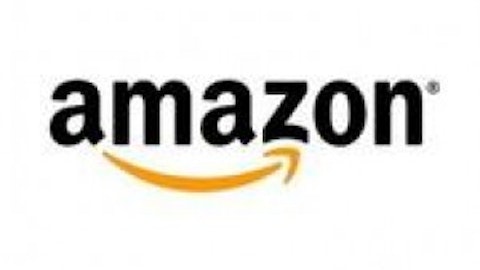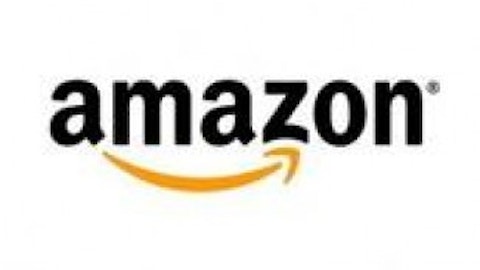Warning: I am not claiming to make anyone a millionaire. I am simply providing different scenarios that could lead to a lot of money.
My goal isn’t to dwell on what could have been, but my goal is to show a few companies that could potentially make investors a million dollars. I just want to ask the question, “What if?”

I don’t expect the company to grow as much as it has in the past decade, so let’s be a little more conservative. If a 30 year old couple decided to invest in Starbucks Corporation (NASDAQ:SBUX) with an initial $15,000, they would probably be amazed at how sweet it would taste. If we account for the stock to perform roughly at just 18.5% annually, half of its performance last decade, results are still astounding. This couple would have slightly over a million dollars on their 55th birthday. Not a bad birthday present if you ask me.
I don’t expect this next company to have anywhere near the success that it has in the past decade, but Netflix, Inc. (NASDAQ:NFLX) has performed historically since 2003. Amazingly, Netflix shows a 94% institutional ownership, and 2012 is the only year in the past decade where Earnings Per Share (EPS) have dropped. The company’s market cap has grown to over $10 billion with revenues increasing an amazing 1,327% in the same time period. In fact, revenues haven’t decreased for more than a decade.
Since 2003, the company has averaged an annual stock increase of 236%. If we account for the company to decline by 75%, it still makes an impressive investment. That same 30 year old couple could now start with an initial $1,000 investment and still have $1 million in fifteen years. This is accounting for a 59% increase annually (just a quarter of its past ten year average). The biggest reason I wouldn’t bank on Netflix, Inc. (NASDAQ:NFLX) performing this well is the competitive market that its in. The smallest slip up could bring the soaring stock to a screeching halt.
Competition has sky rocketed in the e-world. When it comes to retail, there is none bigger than Amazon.com, Inc. (NASDAQ:AMZN). It’s CEO was recently declared as the best business person in America, and I have compared the company’s success to that of Tim Tebow. Amazon’s CEO, Jeff Bezos, has been selling a long term vision of success, which has led to many unpleasant metrics in the present. One thing nobody can deny is the growth the company is experiencing. Since 2003, the company’s revenues have increased by 1,160%, and its stock has increased an average of 111% annually. The company has a market cap of nearly $121 billion.
Again, let’s say the stock only produces half of its previous ten year average. Amazingly, Amazon.com, Inc. (NASDAQ:AMZN) has risen more steadily than either of the previous two companies over the past decade. With an initial $13,000 investment, the 30 year old couple could pull out their million dollars at age 40. If the couple was a little more patient, they could reach the same bench mark in 15 years with an initial investment of only $1,350.
All of these companies have seen remarkable success in the past decade, and even if their performances are cut in half (or a quarter), they are still very solid investments. The chart below shows their past decade of success.
The Foolish Bottom Line…
Please do not think that I have a crystal ball informing me of which companies are million dollar investments – I don’t. All of these scenarios are simple “what if’s,” but these companies seemed positioned to continue their success. In my opinion, I have allowed some pretty serious wiggle room for these companies over the next decade, but the results are still pretty awesome. People may call me a fool, but at least I asked the million dollar questions.
The article The One Million Dollar Question originally appeared on Fool.com and is written by Tyler Wofford.
Copyright © 1995 – 2013 The Motley Fool, LLC. All rights reserved. The Motley Fool has a disclosure policy.






